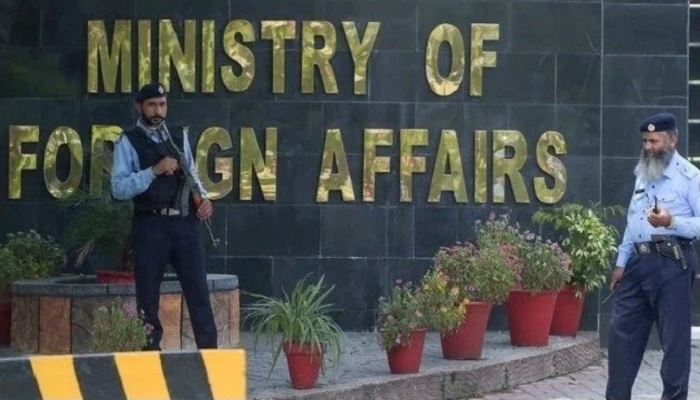Pakistan accedes to Apostille Convention on foreign public documents
Foreign public documents authenticated by Apostille can now be directly presented to concerned authorities without any other attestation requirement, says Foreign Office
Pakistan has acceded to the Hague Convention abolishing the requirement of legalisation for foreign public documents — Apostille Convention — of 1961, the Foreign Office said Friday.
An Apostille is a certificate that authenticates the signature of a public official on a document for use in another country.
International acceptance of documents originating in Pakistan and in other developing countries had been a major issue that required attention.
So foreign public documents authenticated by Apostille can now be directly presented to the concerned authorities without any other attestation requirement, the FO statement read.
The FO statement added that in line with the obligations as contracting state of the Convention, concerned authorities of Pakistan will now accept the Foreign Apostille Certificates issued by the members, contracting States of the convention from the date of entry into force without any requirement of attestation from the Ministry of Foreign Affairs or Pakistan missions abroad.
The process of issuance of Apostille Certificates by Pakistan will also commence in a few months upon completion of necessary legislation and other requirements, it said.
Meanwhile, normal attestation services will continue as usual at the Ministry of Foreign Affairs, camp offices and Pakistan missions abroad.
-
Security forces gun down 30 terrorists in multiple IBOs in KP: ISPR
-
MQM-P calls for new province in Sindh
-
US report validates Pakistan military edge over India: PM
-
Banned TTP poses serious threat to Pakistan security: UNSC panel
-
CM Afridi clarifies remarks on by-poll after ECP requests army deployment
-
Dubai sees 3.2m Pakistani passengers in 2025 as airport sets new milestone
-
Security forces kill 23 Indian proxy terrorists in KP's Kurram
-
Pakistan to construct island to boost oil exploration: report












